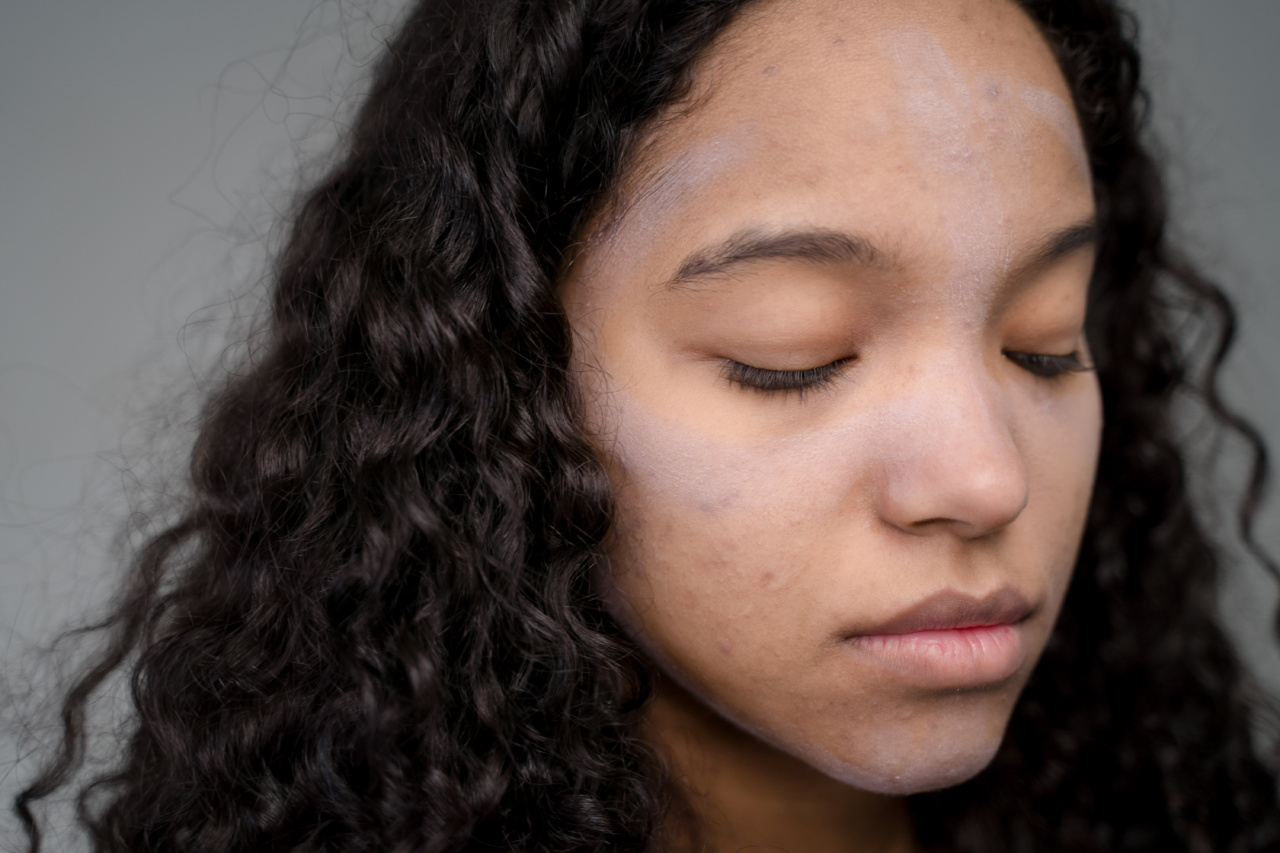Acne is a common skin condition that affects individuals of all ages. While it is often associated with adolescence, adult acne is also prevalent and can have a significant impact on an individual’s self-esteem and quality of life.
In this article, we will explore the causes, triggers, and effective treatment options for adult acne.
What is Adult Acne?
Adult acne refers to the occurrence of acne in individuals who are no longer in their teenage years. It typically affects individuals between the ages of 20 and 30, but can persist or arise later in life as well.
Adult acne may present as different types of acne lesions, including blackheads, whiteheads, pustules, nodules, or cysts.
Causes of Adult Acne
There are several factors that contribute to the development of adult acne. While the exact cause is not fully understood, hormonal imbalances, genetics, and lifestyle choices are believed to play a significant role.
Hormonal Imbalances
Hormonal imbalances, particularly an increase in androgen levels, can lead to adult acne. Androgens stimulate the production of sebum, an oily substance that clogs the pores and provides an environment for the growth of acne-causing bacteria.
Hormonal fluctuations, such as those occurring during menstruation or pregnancy, can exacerbate acne in women.
Genetics
Genetic predisposition can also contribute to the development of adult acne. If your parents or siblings have a history of acne, you are more likely to develop it as well.
Certain genes influence factors such as sebum production and inflammation, which are closely linked to acne formation.
Lifestyle Factors
Various lifestyle factors can contribute to adult acne. These include:.
- Diet: Consuming high glycemic index foods, dairy products, or foods rich in saturated fats may worsen acne symptoms.
- Stress: Increased stress levels can stimulate the release of hormones that contribute to acne formation.
- Skincare Products: Using comedogenic or pore-clogging skincare products can contribute to the development of acne.
- Smoking: Smoking reduces blood flow to the skin, impairs healing, and promotes inflammation, which can worsen acne.
Triggers of Adult Acne
In addition to the underlying causes, certain triggers can exacerbate or provoke adult acne. These triggers vary among individuals, but common ones include:.
- Hormonal Fluctuations: Hormonal changes during menstrual cycles, pregnancy, or menopause can trigger or worsen adult acne.
- Stress: Increased stress levels can trigger hormonal imbalances and inflammation, leading to acne flare-ups.
- Cosmetic Products: Certain makeup or skincare products can clog pores and trigger acne. Look for non-comedogenic or oil-free options.
- Medications: Some medications, such as corticosteroids, lithium, or anticonvulsant drugs, are known to cause or aggravate acne in adults.
- Environmental Factors: Exposure to pollutants, humidity, or extreme weather conditions can exacerbate adult acne.
Treatment Options for Adult Acne
When it comes to treating adult acne, it is essential to adopt a comprehensive approach that targets the underlying causes as well as the specific symptoms. The following treatment options have shown effectiveness in managing adult acne:.
Topical Treatments
Topical treatments are often the first line of defense against adult acne. They include:.
- Retinoids: Derived from vitamin A, retinoids help unclog pores and promote cell turnover. They are available both over-the-counter and through prescription.
- Benzoyl Peroxide: This ingredient has antimicrobial properties and helps reduce the presence of acne-causing bacteria. It is available over-the-counter.
- Salicylic Acid: Salicylic acid helps exfoliate the skin and unclog pores. It is effective for treating non-inflammatory acne lesions.
- Antibiotics: Topical antibiotics, such as clindamycin or erythromycin, are prescribed for individuals with inflammatory acne.
Oral Medications
In more severe cases or when topical treatments fail, oral medications may be prescribed. These include:.
- Oral Antibiotics: Antibiotics like tetracycline or doxycycline may be prescribed to reduce inflammation and kill acne-causing bacteria.
- Oral Contraceptives: Birth control pills that contain both estrogen and progesterone can help regulate hormones and reduce acne in women.
- Isotretinoin: This powerful medication is used for severe cases of acne. It can effectively reduce sebum production and prevent acne lesions.
Procedures and Therapies
In addition to medications, various procedures and therapies can help manage adult acne:.
- Laser Therapy: Laser treatments can target and destroy acne-causing bacteria while promoting skin healing and reducing inflammation.
- Chemical Peels: Chemical peels involve the application of a chemical solution to exfoliate the skin and unclog pores.
- Extraction: Manual extraction of acne lesions can be performed by a dermatologist to remove comedones, reducing the risk of inflammation and scarring.
- Light Therapy: Light therapy, including blue or red light treatments, can help kill acne-causing bacteria and reduce inflammation.
Prevention Tips
While preventing adult acne entirely may not be possible for everyone, adopting certain habits can help minimize its occurrence:.
- Cleanse Your Face Regularly: Use a gentle cleanser and avoid harsh scrubbing that can irritate the skin.
- Avoid Touching Your Face: Touching your face can transfer bacteria and irritate the skin, leading to breakouts.
- Choose Non-Comedogenic Products: Opt for skincare and makeup products that are labeled non-comedogenic or oil-free.
- Wash Your Pillowcases and Sheets: Regularly washing your bedding can help minimize the buildup of oils and bacteria.
- Manage Stress: Find healthy ways to manage stress, such as exercise, meditation, or engaging in hobbies.
Conclusion
Adult acne is a frustrating and common skin condition that can significantly impact one’s self-esteem and quality of life.
Understanding the causes, triggers, and treatment options for adult acne is crucial in effectively managing and preventing its occurrence. By adopting a comprehensive approach that targets the underlying causes and specific symptoms, individuals with adult acne can regain control over their skin health and confidence.






























